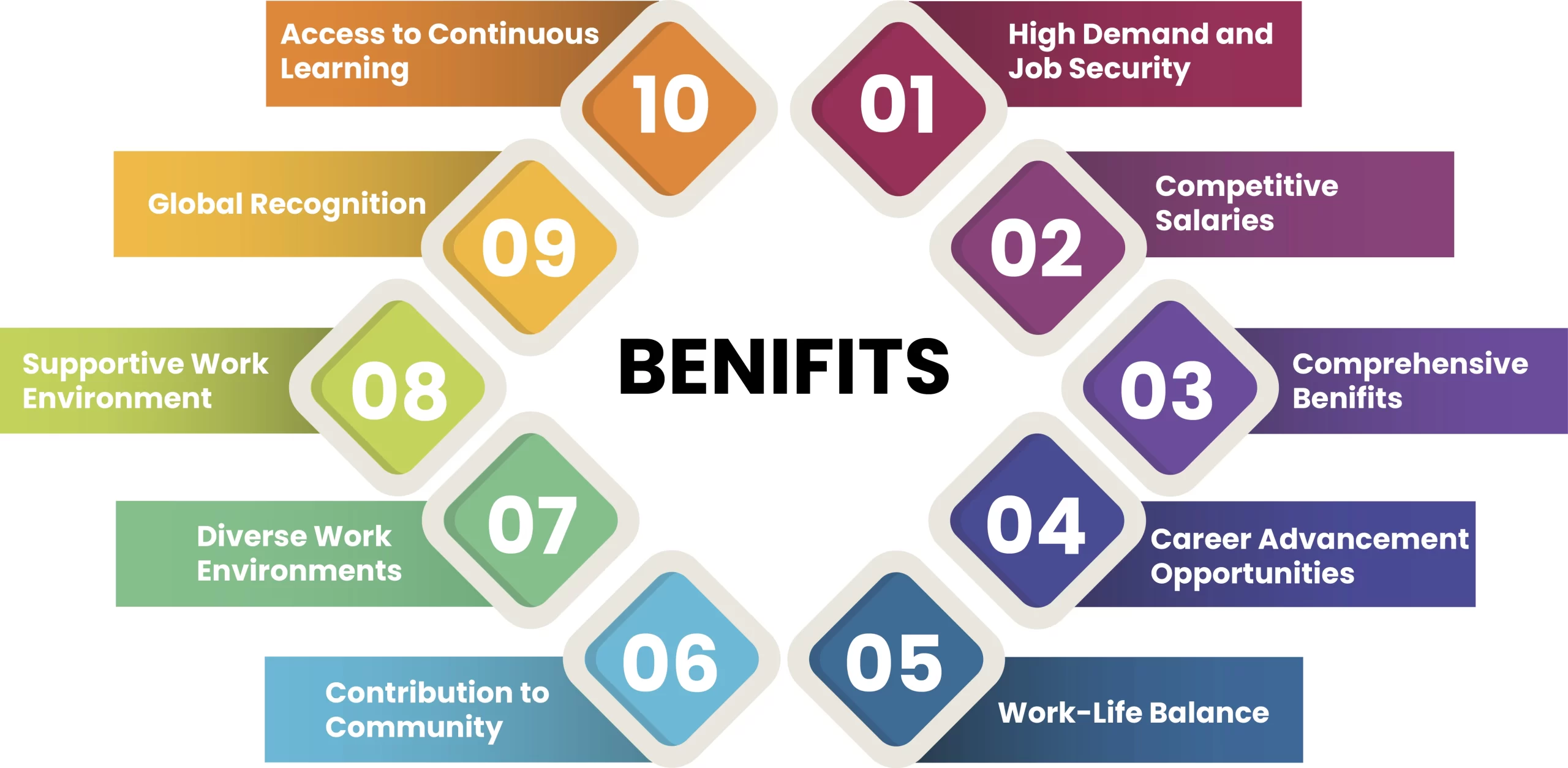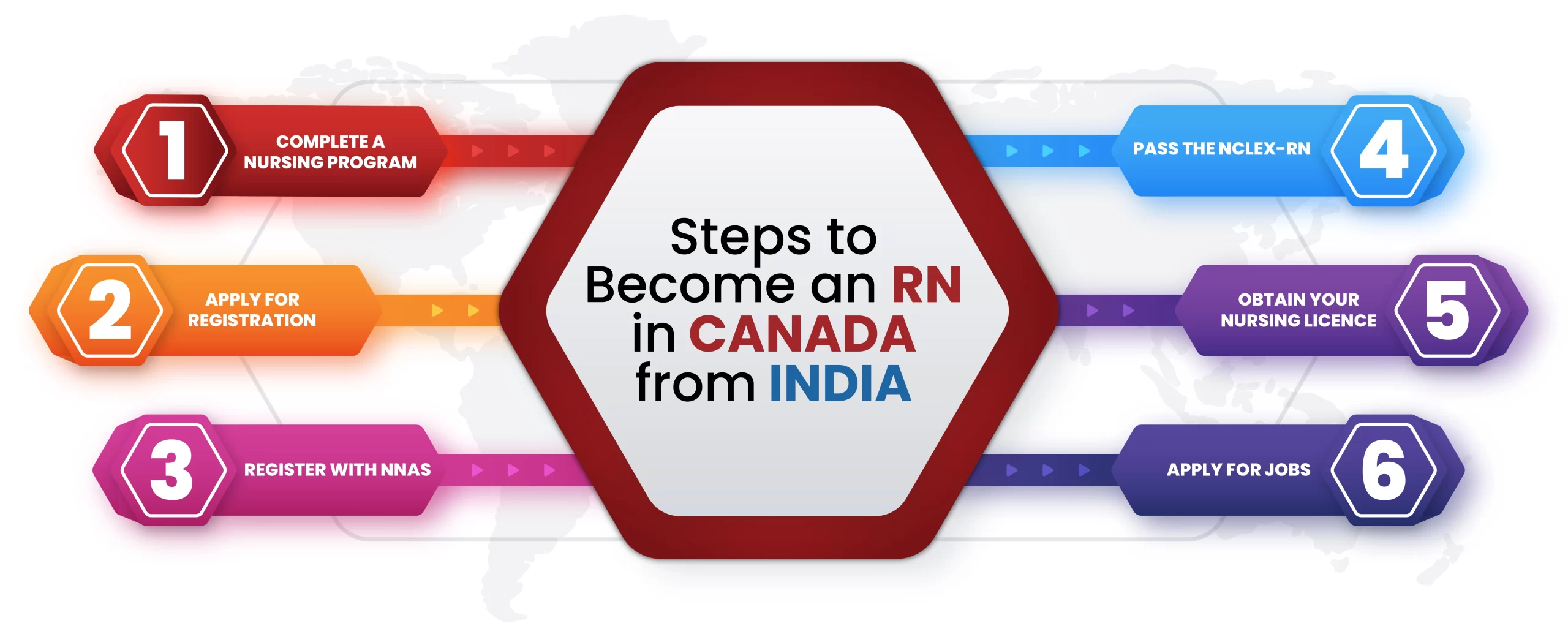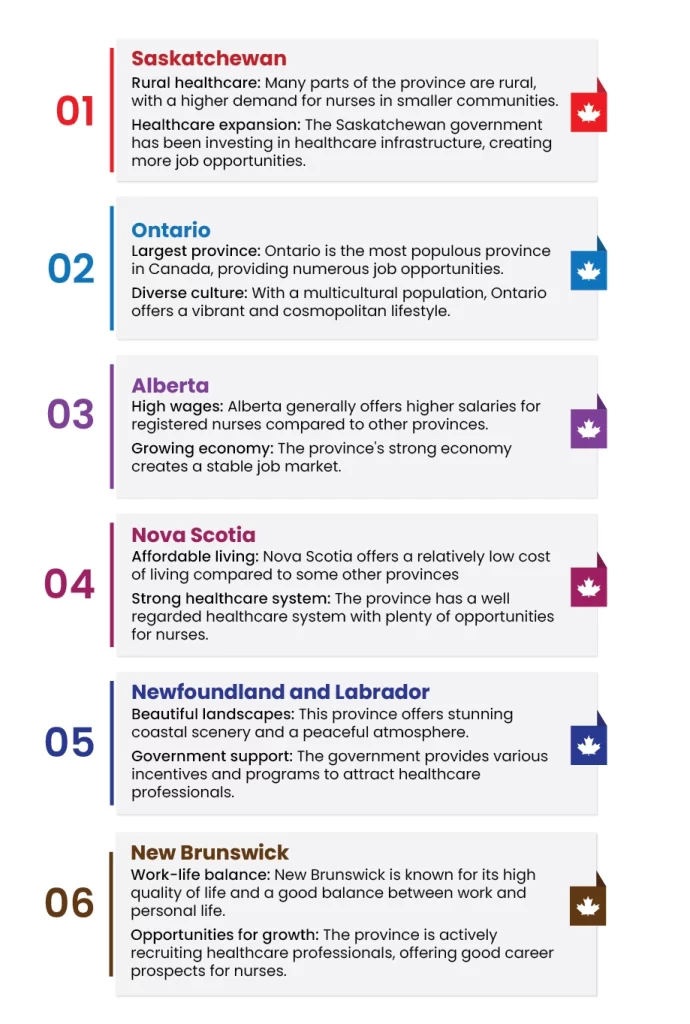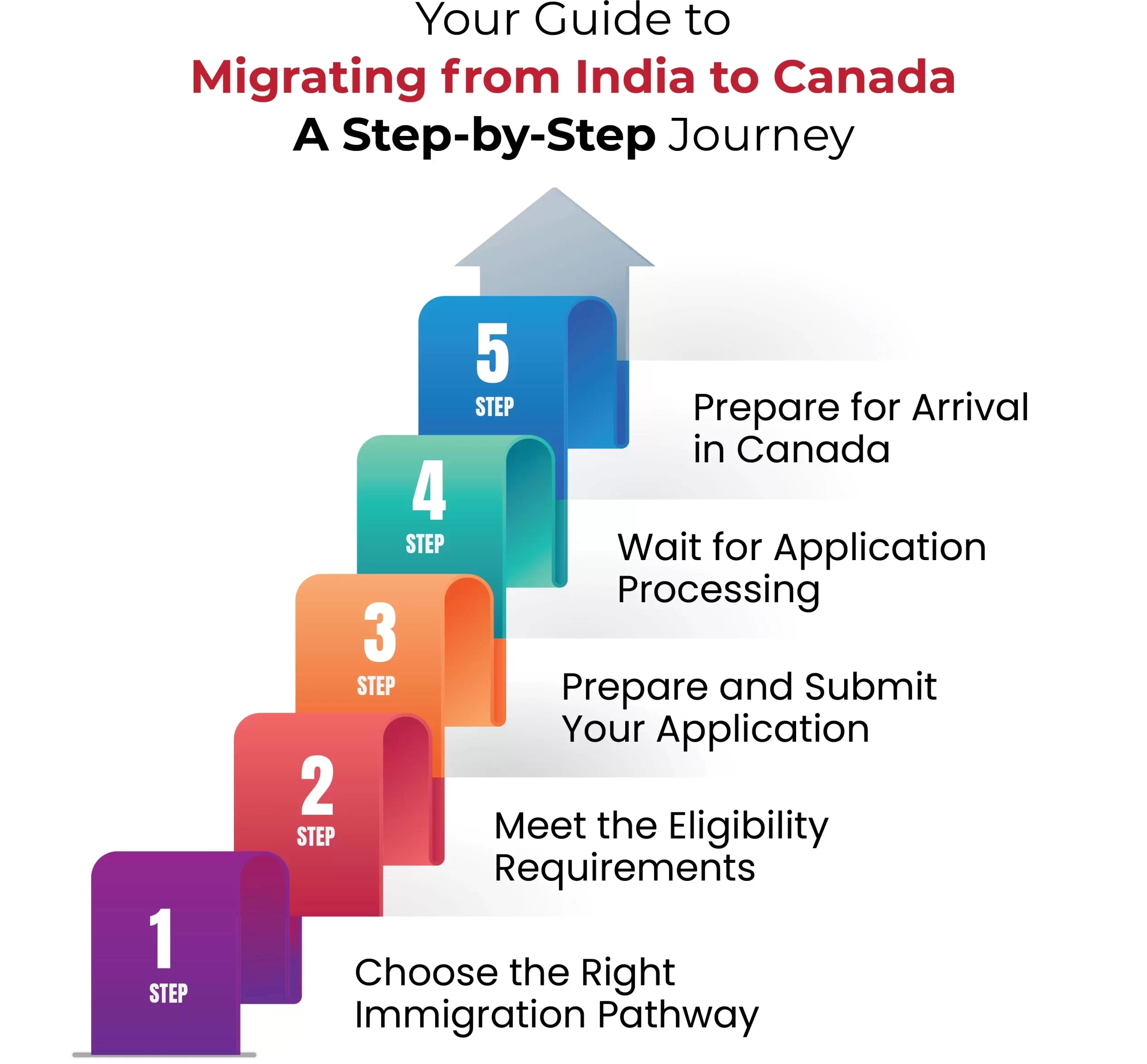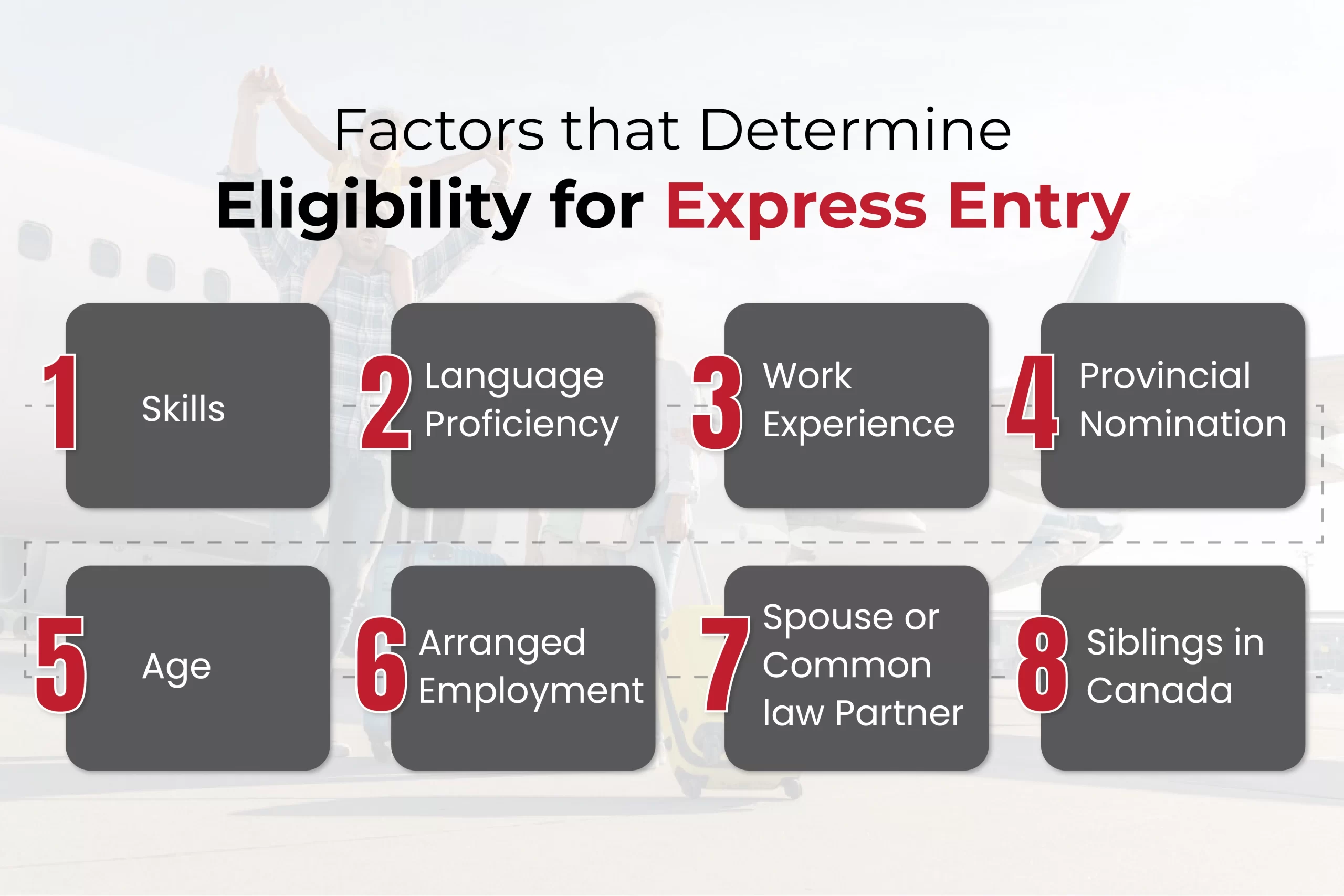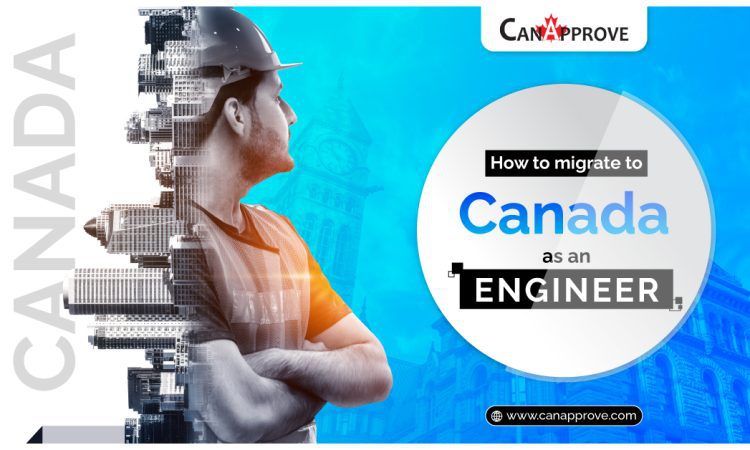Teaching jobs in Canada are becoming increasingly popular due to the country’s strong education system, high standards, and multicultural setting. Canada attracts students and professionals from around the world, creating steady demand for qualified educators.
Let’s explore the opportunities in Canada’s education sector and how you can become a part of it.
Table of Content
1Teaching Jobs in Canada2Types of Teaching Jobs in Canada3Requirements for Teaching Jobs in Canada4Teachers Salary in Canada5Teaching Jobs in Canada for Indian Teachers6How to Get Teaching Job in Canada from India7How to Immigrate to Canada as a Teacher8Conclusion9Frequently Asked Questions ( FAQ )
Teaching Jobs in Canada
In Canada, teachers are performing a job that they are also contributing to the future of society. The increase in demand for teachers is related to aspects including population growth, a ripening workforce, and a concentration on educational reform. Due to expanding student enrollments, schools throughout the nation are enthusiastically pursuing certified teachers across subjects, especially in areas such as math, science, and English.
Types of Teaching Jobs in Canada
Teaching positions in Canada can be categorized into various levels of education. Here’s a closer look:
Primary Teaching Jobs in Canada
Primary teaching jobs focus on educating young children, typically from kindergarten to grade 6. These teachers play a vital role in laying the foundation for lifelong learning. The demand for primary teachers is high, especially in urban areas where schools are often overcrowded.
With the emphasis on early childhood education, provinces like Ontario and British Columbia are particularly in need of primary educators.
Secondary Teaching Jobs in Canada
Secondary teachers work with students in grades 7 through 12 and specialize in specific subjects. This level of education is crucial as students prepare for post-secondary education or enter the workforce.
Math, science, and languages are consistently in demand, making these areas a focus for job seekers.
English Teaching Jobs in Canada
With Canada’s multicultural landscape, there is a significant demand for English teachers, especially for ESL (English as a Second Language) positions. Many immigrants and international students require English proficiency to succeed in their studies and careers.
There are numerous private language schools and community programs that offer opportunities for qualified English teachers.
Requirements for Teaching Jobs in Canada
If you want to teach in Canada, the requirements can change depending on which province or territory you plan to work in, what grade level you’re interested in (like elementary or high school), and whether you’re a Canadian citizen or permanent resident. But there are some basic rules that apply everywhere:
Education
First, you usually need a bachelor’s degree in education (B.Ed.) to become a teacher. If you want to teach in high school, you might also need a degree in the subject you’ll be teaching (like math or science).
Provincial Teaching Certificate
Every teacher needs a teaching certificate from the province or territory where they want to work. To get this, you’ll need to complete a teacher education program and pass any required exams.
Language Proficiency
You need to be fluent in English or French, depending on the province you’re in. Some places may even want you to be bilingual (speak both languages).
Character References and Background Checks
Schools want to know you’re trustworthy, so you’ll need to provide character references and pass a criminal background check. Some provinces might also ask for a child abuse registry clearance.
Recent Teaching Experience
Although it’s not always required, having some recent teaching experience can help you stand out when applying for jobs.
Familiarity with Canadian Curriculum
It helps if you’re familiar with how Canadian schools work and understand their curriculum. This gives you an advantage in the hiring process.
Fitness to Teach
You’ll need to show you’re both physically and mentally fit to teach. Some provinces may ask for specific assessments to make sure you’re ready for the job.
Teachers Salary in Canada
Salaries for teachers in Canada vary based on several factors, including location, level of education, and years of experience. On average, teachers can expect to earn between CAD 50,000 to CAD 90,000 annually, depending on their qualifications and the province.
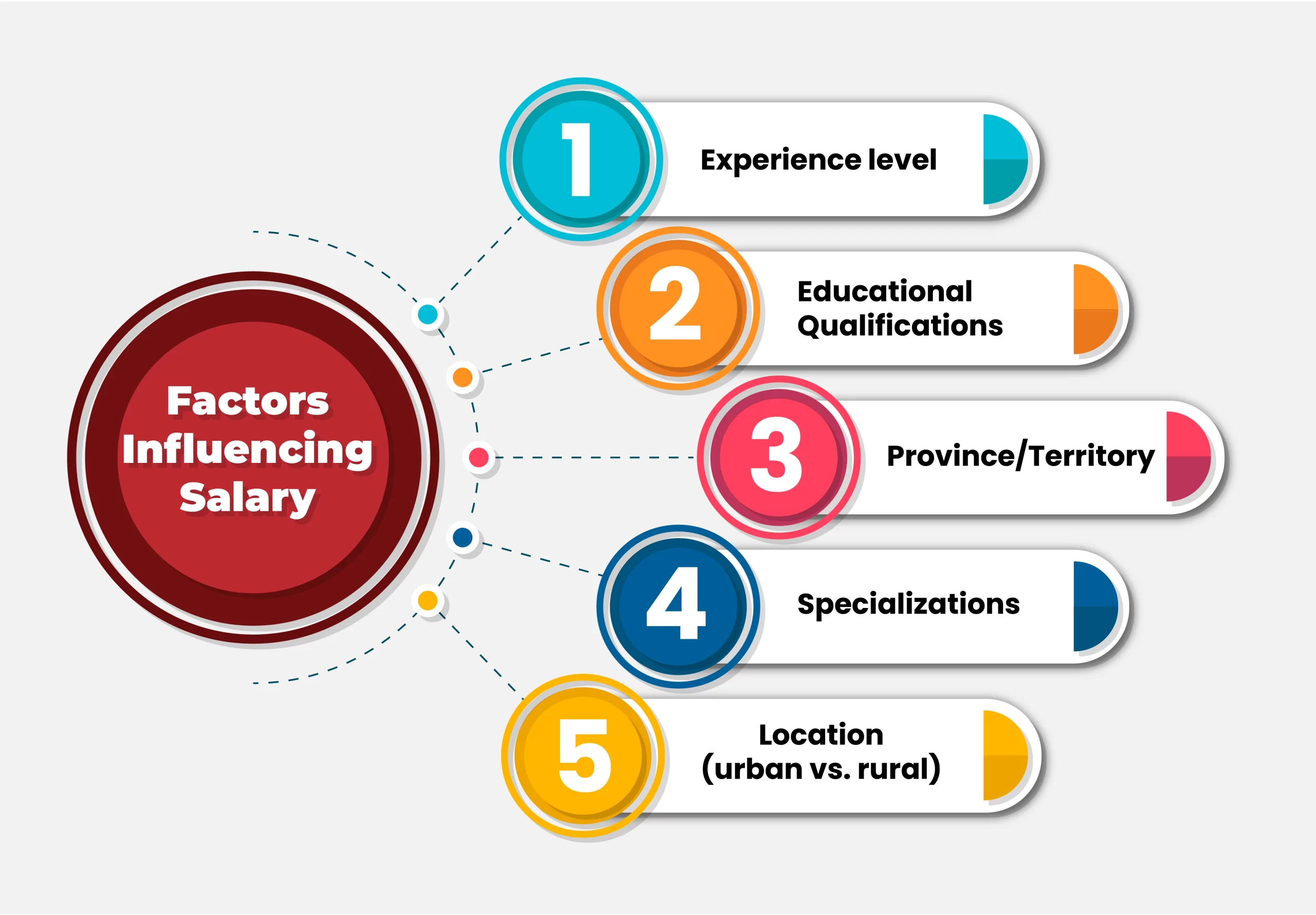
Here’s a table highlighting the average salary for teaching jobs in Canada for different positions:
| Teaching Job Roles | Average Salary per year (CAD) |
| Early Childhood Educator | $35,000 – $55,000 |
| Elementary School Teacher | $50,000 – $85,000 |
| Secondary School Teacher | $55,000 – $95,000 |
| Special Education Teacher | $50,000 – $85,000 |
| Teaching Assistant | $20,000 – $35,000 |
| ESL (English as a Second Language) Teacher | $40,000 – $65,000 |
Teaching Jobs in Canada for Indian Teachers
Many Indian teachers have found success in Canada, thanks to their qualifications and experience. The Canadian education system values diversity and is often looking for skilled teachers who can bring a global perspective to the classroom.
Provinces with High Demand for Teachers in Canada
Here’s a table with an overview of provinces with high demand for secondary school teachers in Canada for Indian teachers:
| Location | Job prospects status |
| Manitoba | Very good |
| New Brunswick | Good |
| Newfoundland and Labrador | Good |
| Northwest Territories | Good |
| Nunavut | Good |
| Ontario | Good |
| Quebec | Very good |
| Saskatchewan | Good |
| Yukon Territory | Very good |
How to Get Teaching Job in Canada from India
To get a teaching job in Canada from India, you’ll need to follow a structured process that includes both meeting immigration requirements and securing teaching qualifications recognized in Canada. Here’s the details you need to get a teaching job in Canada from India:
Assess Your Eligibility to Teach in Canada
- Educational Qualifications: Ensure that your teaching qualifications meet Canadian standards. You will need at least a bachelor’s degree in education or a related field.
- Educational Credential Assessment (ECA): Have your educational qualifications assessed by an approved agency like WES (World Education Services) to ensure they meet Canadian equivalency standards.
- Teaching Certification: Each Canadian province and territory has its own teacher certification board. You’ll need to apply to the relevant board to have your qualifications and experience reviewed. Examples include:
- Ontario College of Teachers (OCT) for teaching in Ontario
- British Columbia Teacher Regulation Branch (TRB) for teaching in British Columbia
- Teacher Certification Branch for Alberta
Meet Immigration Requirements
- Choose an Immigration Pathway: You will need to obtain a work permit or permanent residency to teach in Canada. The main immigration pathways are:
- Express Entry: A points-based immigration system where factors like education, work experience, and language skills are assessed. High scores improve your chances of receiving an Invitation to Apply (ITA) for permanent residency.
- Provincial Nominee Program (PNP): Some provinces may prioritize educators in specific streams, which can lead to a faster path to permanent residency.
- Atlantic Immigration Program (AIP): Targeting regions like Nova Scotia and New Brunswick, this program allows skilled workers to immigrate to Canada and fill local job shortages, including teaching roles.
Prepare for Licensing Requirements
- Teacher Certification Exam: Some provinces require candidates to pass provincial exams or specific subject-matter exams, such as the OCT exams for Ontario teachers.
- Language Proficiency: Teachers are typically required to demonstrate language proficiency in either English or French, depending on the province. You may need to take language tests like the IELTS (for English) or TEF (for French).
Research Provincial Job Markets
- Demand for Teachers: Certain provinces have a high demand for specific teaching roles, like STEM teachers, special education, or early childhood educators. Research which provinces are actively hiring teachers in your subject area.
- Job Search Websites: Use job boards like Job Bank Canada, Indeed.ca, or provincial education websites to explore current teaching vacancies.
Apply for Teaching Jobs
- Create a Canadian-style Resume and Cover Letter: Tailor your resume to Canadian standards, highlighting your teaching experience, qualifications, and skills.
- Apply Online: Submit applications for available teaching positions in schools or school districts.
- Networking: Reach out to school boards or Canadian teachers on LinkedIn to network and learn more about job opportunities.
Apply for a Work Permit or Permanent Residency
- Once you have a job offer from a Canadian school, you’ll need to apply for a work permit:
- Temporary Work Permit: You may be eligible for a temporary work permit through the Labour Market Impact Assessment (LMIA) process. Your employer will need to demonstrate that there are no qualified Canadian citizens or permanent residents for the role.
- Permanent Residency via Express Entry or PNP: If you’re applying through Express Entry or a Provincial Nominee Program, you may be able to secure permanent residency, which allows you to work without needing a work permit.
Get Certified and Start Teaching
- After arriving in Canada, complete any final certification steps required by the province you’re teaching in. Once certified, you’ll be ready to begin your teaching career.
How to Immigrate to Canada as a Teacher
There are various pathways for teachers to immigrate to Canada, primarily through Express Entry and Provincial Nominee Programs (PNPs). Here’s a quick overview:
1. Express Entry
- A points-based system where your education, work experience, language proficiency, and other factors are assessed.
- Teachers with high levels of education (e.g., a bachelor’s or master’s degree), relevant work experience, and strong English or French language skills can achieve higher scores in the Comprehensive Ranking System (CRS), increasing their chances of receiving an Invitation to Apply (ITA) for permanent residency.
- You may also improve your CRS score by securing a provincial nomination or gaining Canadian work experience.
2. Provincial Nominee Programs (PNPs)
- Each province and territory in Canada has its own PNP, some of which have specific streams or categories tailored for educators.
- For example, Ontario’s Human Capital Priorities Stream often prioritizes candidates with experience in education or early childhood care.
- British Columbia and other provinces may also have opportunities for teachers, particularly in high-demand areas such as special education, STEM subjects, or early childhood education.
- Gaining a provincial nomination can provide an additional 600 points towards your Express Entry CRS score, almost guaranteeing an ITA.
3. Atlantic Immigration Program (AIP)
If you’re considering teaching in provinces like Nova Scotia or New Brunswick, the AIP is another pathway that allows these regions to hire skilled workers to fill specific labor shortages, including teaching roles.
4. Rural and Northern Immigration Pilot (RNIP)
Targeting smaller communities across Canada, the RNIP provides another pathway for teachers willing to work in less populated areas where the demand for educators may be higher.
These immigration pathways, combined with Canada’s high demand for qualified educators, present excellent opportunities for teachers to build a fulfilling career and life in the country
Conclusion
The demand for teaching jobs in Canada for Indians is not only a reflection of the need for educators but also an invitation for talented individuals from around the world to join this fulfilling profession. With the right qualifications, determination, and support, you can turn your dream of teaching in Canada into a reality.
So, are you ready to take the leap? Start your journey today, and explore the vast opportunities that await you in Canada’s education system! With the help of CanApprove you can definitely be a part of this incredible opportunity in Canada. Our Canada immigration consultants are one click away. Schedule your consultation now!




